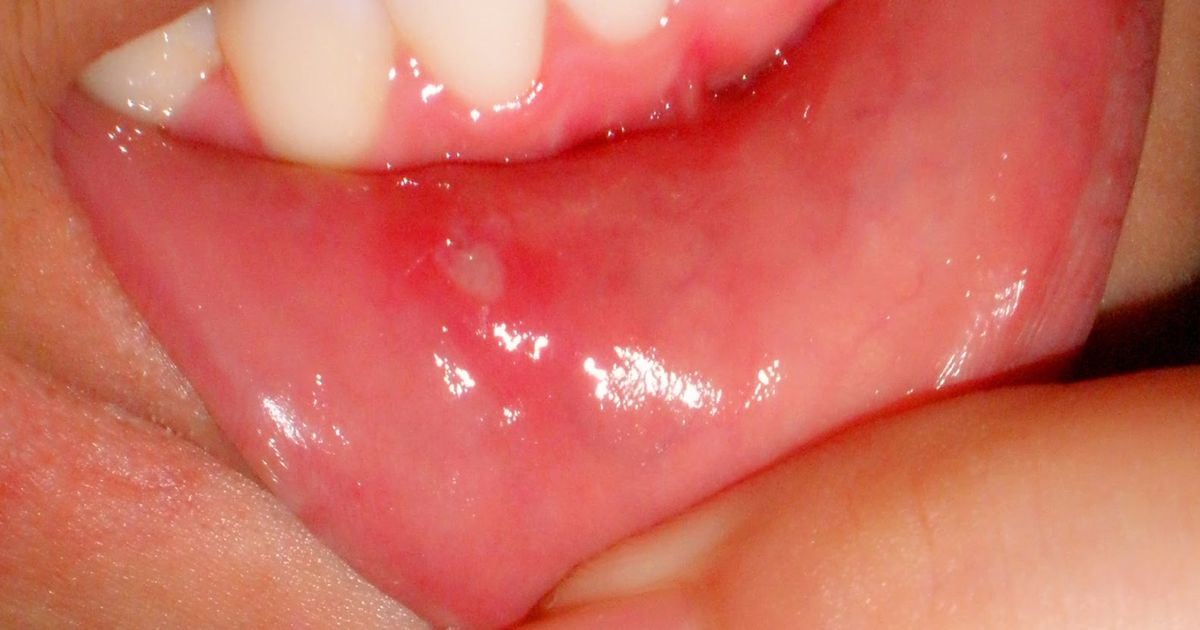Guide To The Symptoms Of Lichen Planus
Lichen planus is an inflammatory condition that develops in response to abnormal immune system reactions. It sometimes occurs along with autoimmune disorders. Lichen planus may also occur due to viral infections, allergic reactions, stress, and genetic conditions. Some over-the-counter pain relievers such as ibuprofen and naproxen could cause this condition. It is also associated with exposure to certain metals and chemicals like arsenic or gold. Primary doctors and dermatologists can normally diagnose lichen planus with a visual inspection of the patient's skin and mucous membranes. Sometimes, a skin biopsy may be useful in confirming the diagnosis.
Patients often do not need lichen planus treatment for mild cases. However, treatment for lichen planus is crucial in moderate to advanced cases. Many patients will need corticosteroids or retinoids for lichen planus. There are also topical treatments that do not contain steroids. Light therapy is an effective treatment as well. Patients also have options for lichen planus natural treatment. Of course, individuals must understand the symptoms of this condition first.
Blisters On Gums And Mouth Ulcers
Patients who have lichen planus that affects the mouth could develop blisters on their gums and mouth ulcers. The mouth sores associated with this condition are usually white, and they often have a lace-like texture. Most patients find the sores, blisters, and ulcers in the mouth are painful. They can also make eating, drinking, and chewing difficult. The sores may develop on the lips or tongue too.
Patients may need to apply a topical anesthetic to the sores before eating to make eating and drinking with a sore mouth easier. They could also try eating on the side of their mouth that is unaffected or less affected, and the use of meal replacement shakes may be helpful. Since some mouth sores may be associated with more serious conditions, a doctor needs to evaluate all sores quickly. Patients who have had lichen planus in the mouth are at an increased risk of oral cancer, and they may need to have regularoral cancer screenings.
Continue reading to learn more about the symptoms of lichen planus now.
Hair Loss

Although it is relatively less common than other forms of lichen planus, some patients may develop a form of the illness that affects the scalp. These patients may notice hair loss and scalp discoloration. Individuals may notice they lose more hair than usual after washing or brushing their hair. Some may see small patches of thinning hair or baldness on their scalp. Since hair loss can occur with several thyroid and autoimmune disorders, patients experiencing this symptom may wish to have blood tests to check their thyroid function. Tests may be needed to rule out autoimmune conditions.
Doctors may also need to perform a pull test to establish the shedding stage of the patient's hair. For this simple test, the doctor will gently pull several dozen hairs on the patient's head to check how many hairs pull free. Some patients may need to have a scalp biopsy. If lichen planus is determined to be the cause of the patient's hair loss, doctors may recommend treatments to encourage hair growth. Patients should see their hair growth return to normal once lichen planus has been successfully treated.
Get the details on more lichen planus warning signs now.
